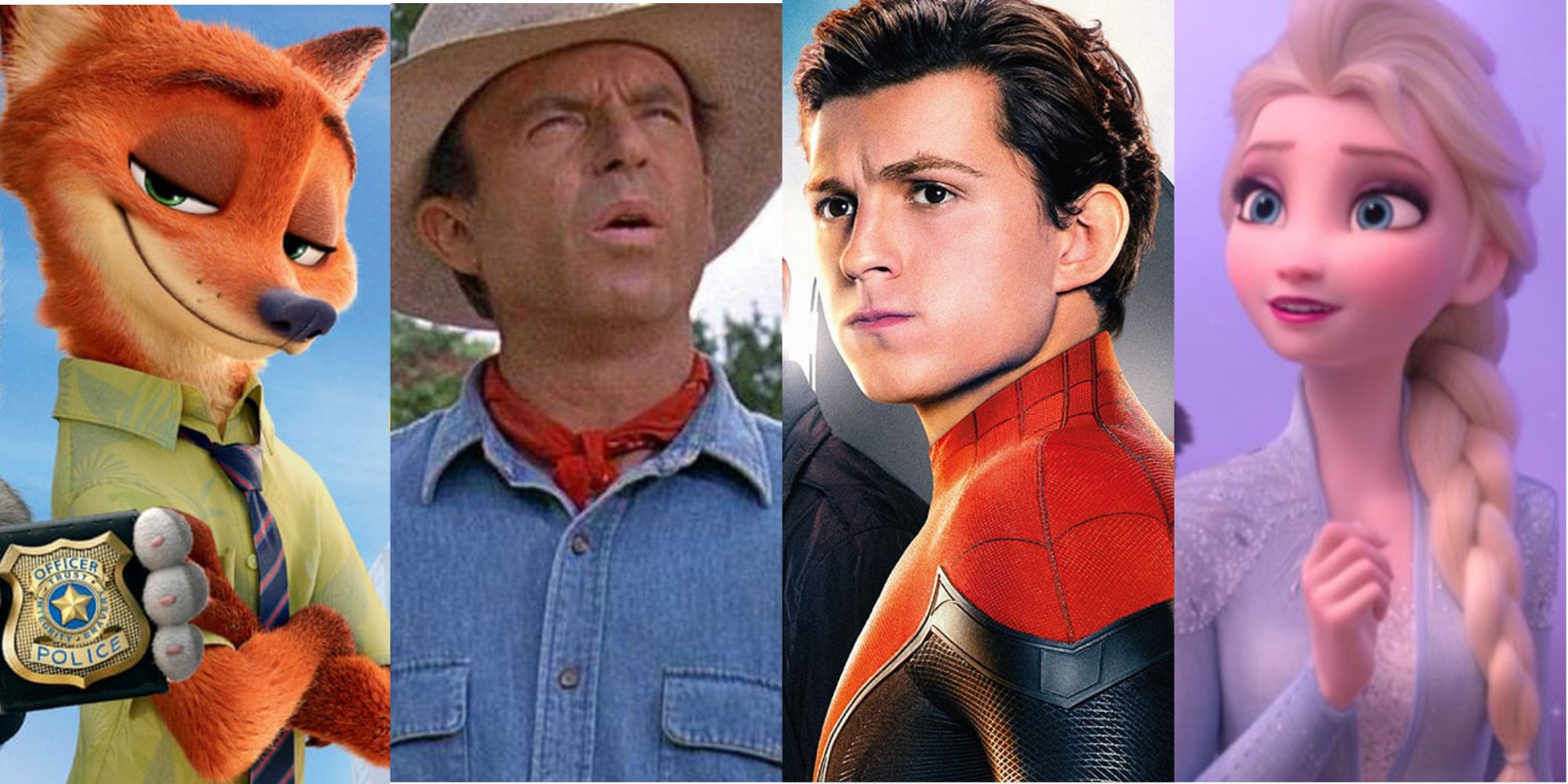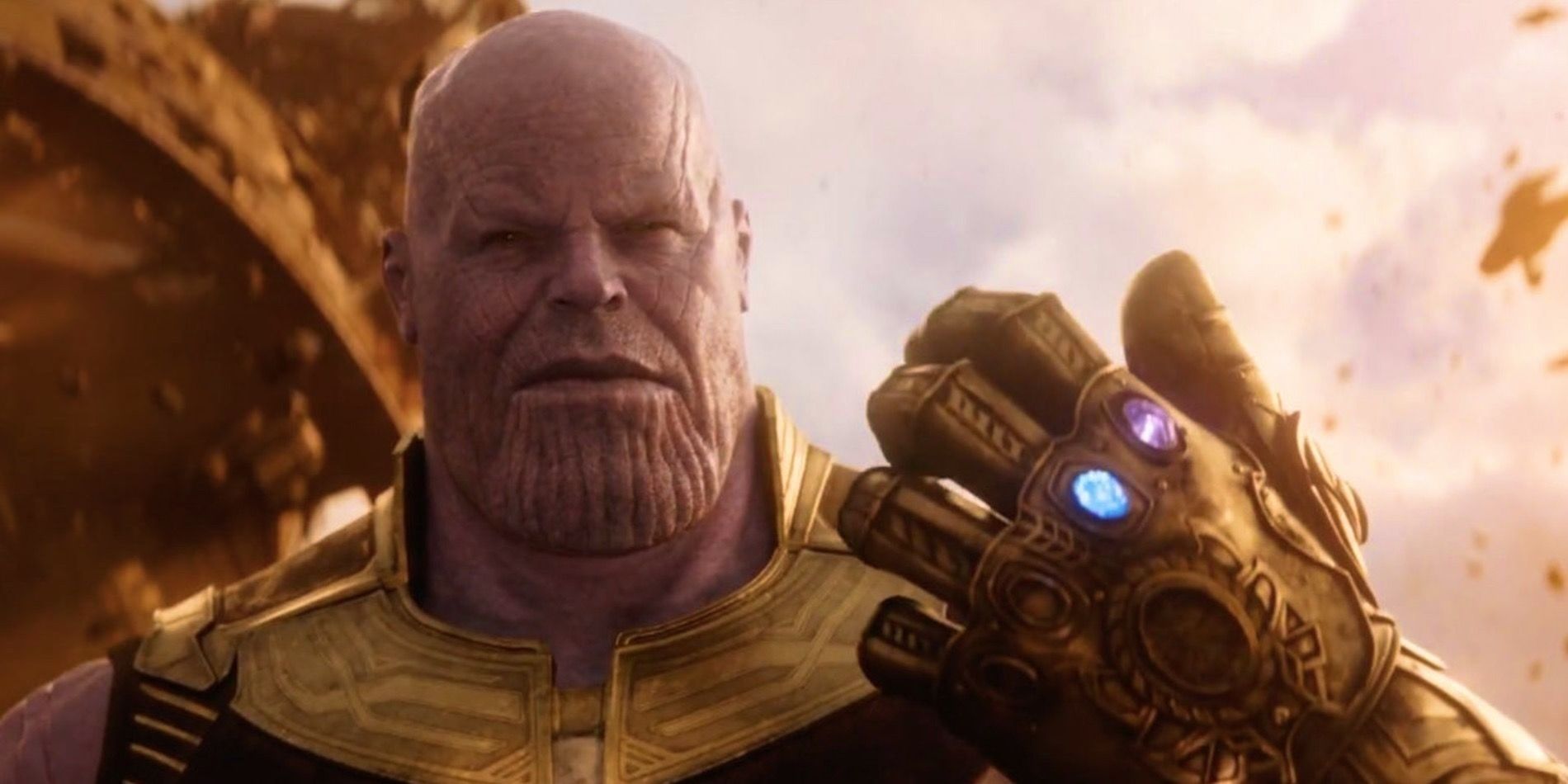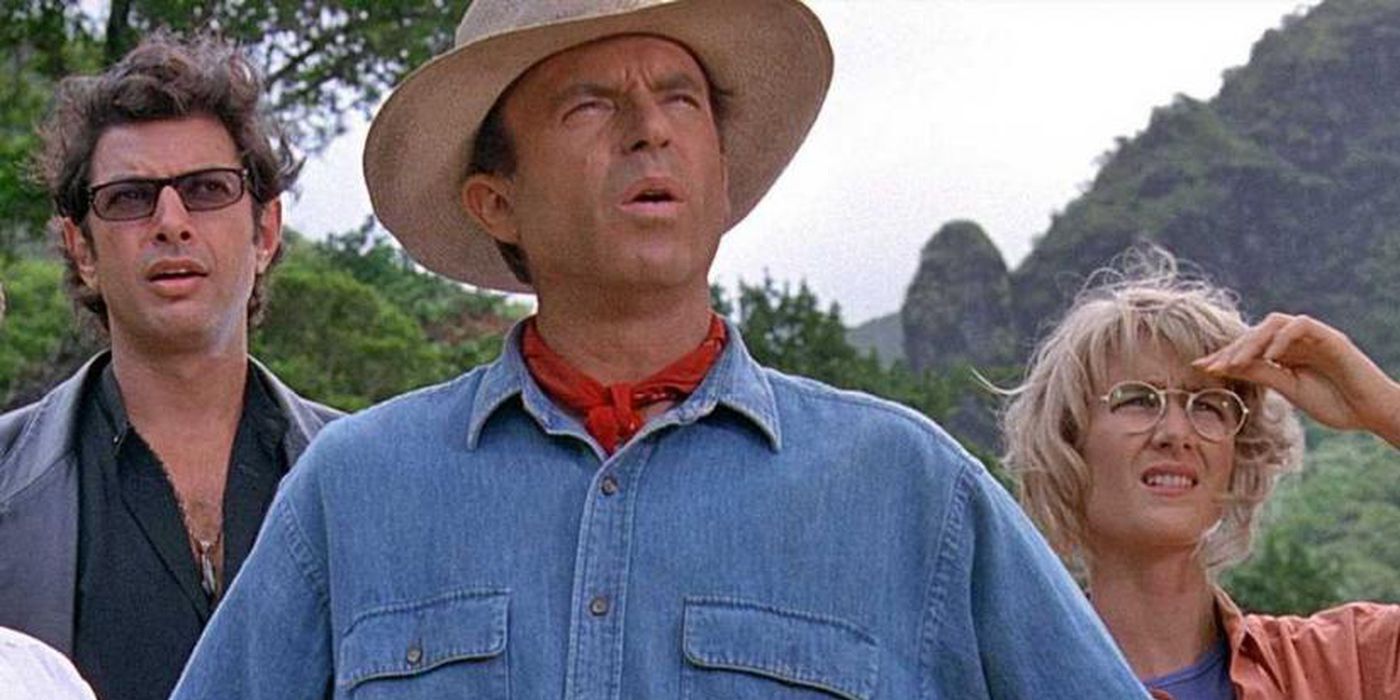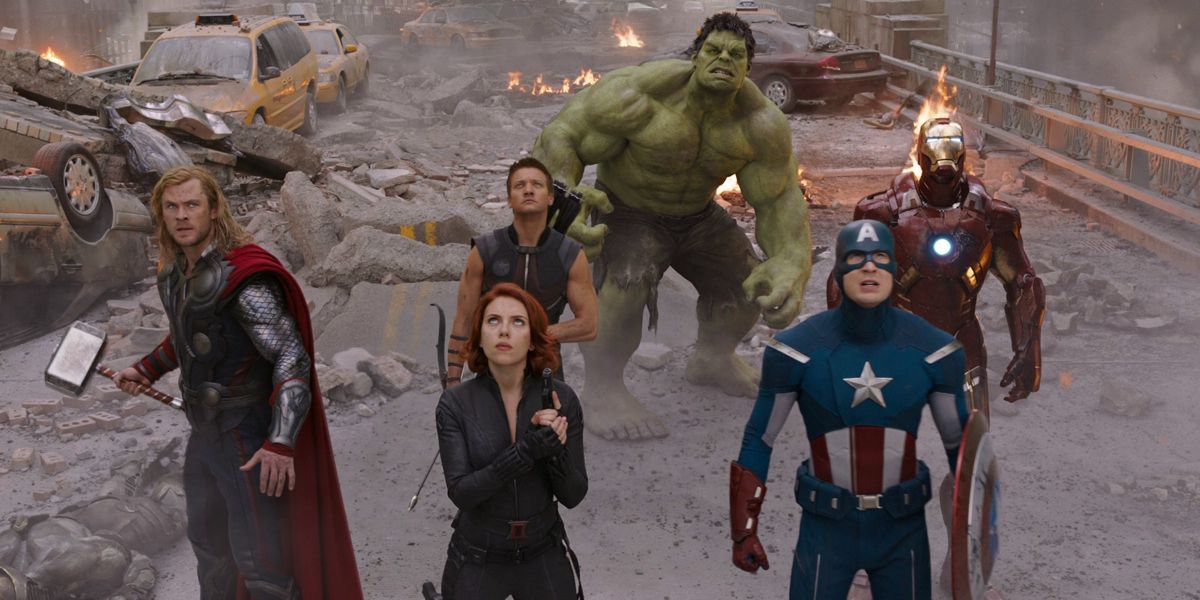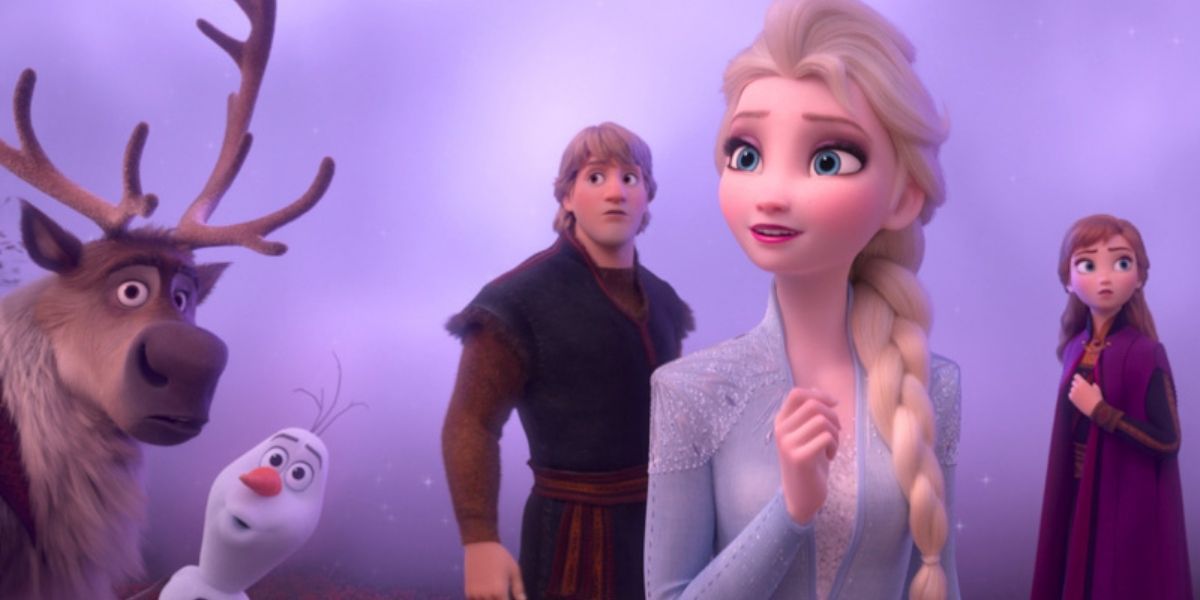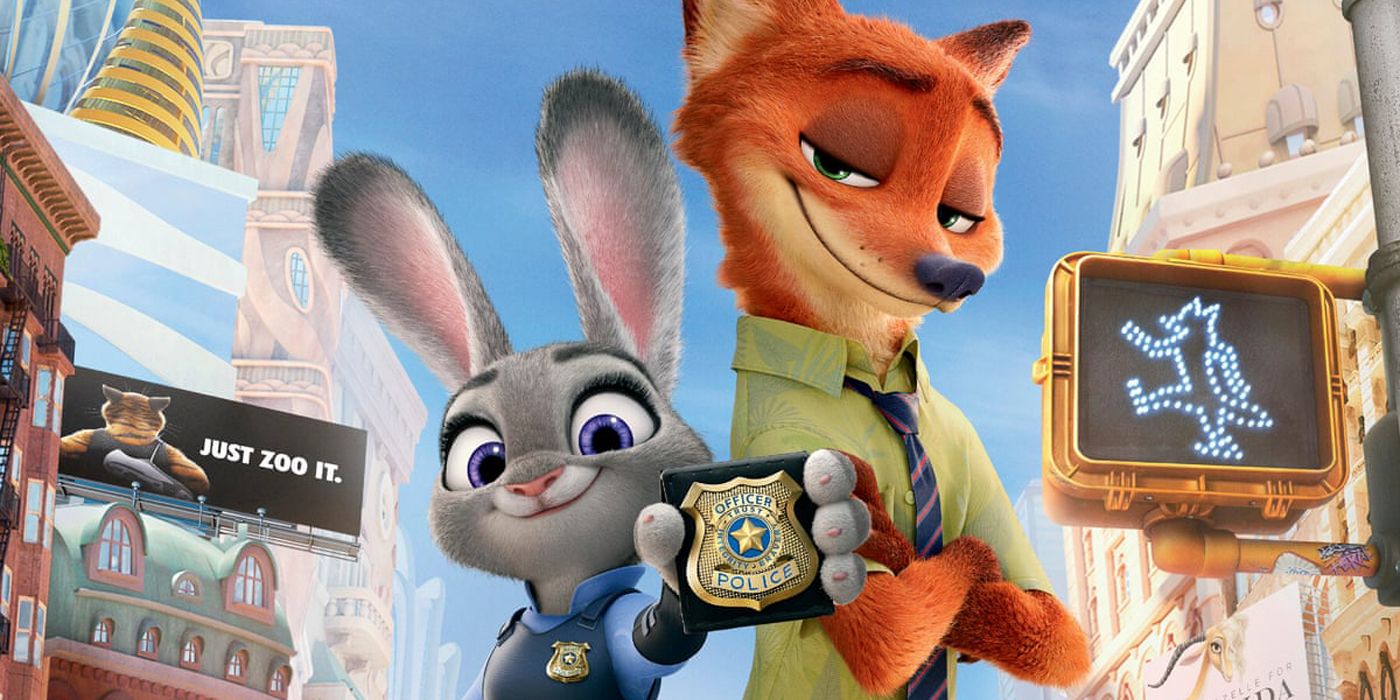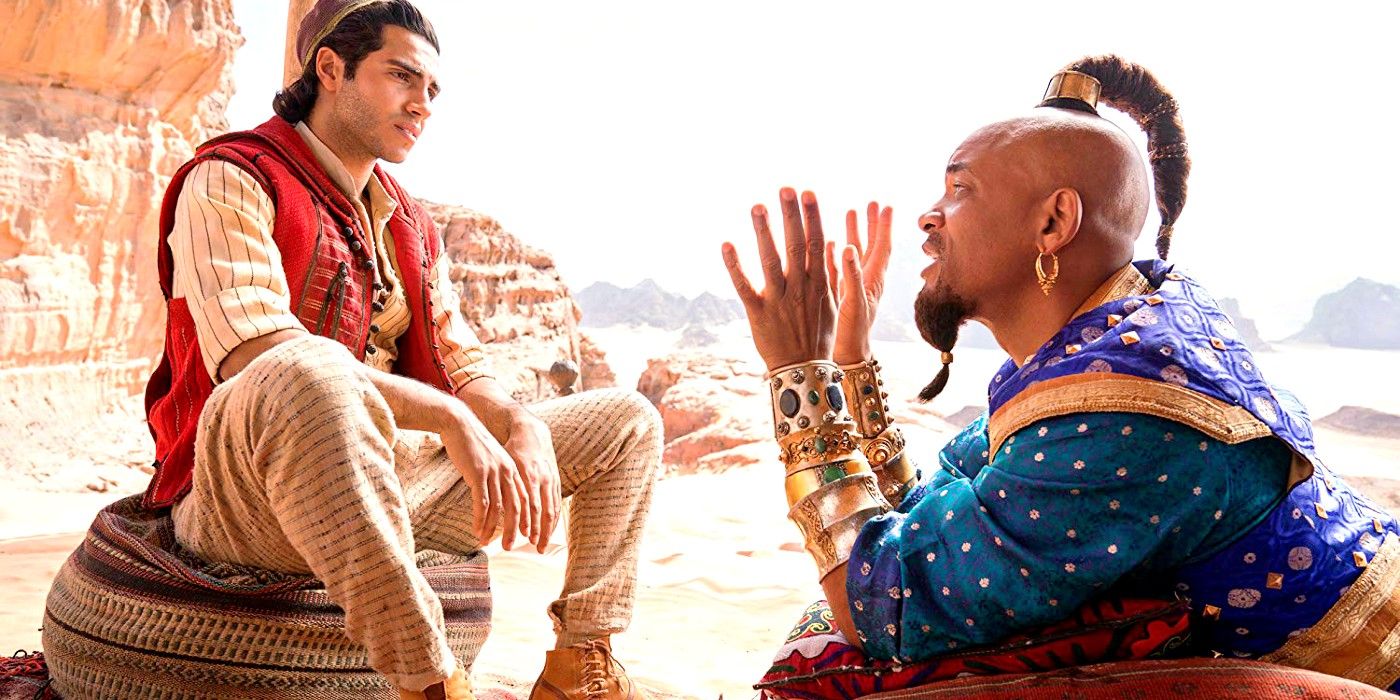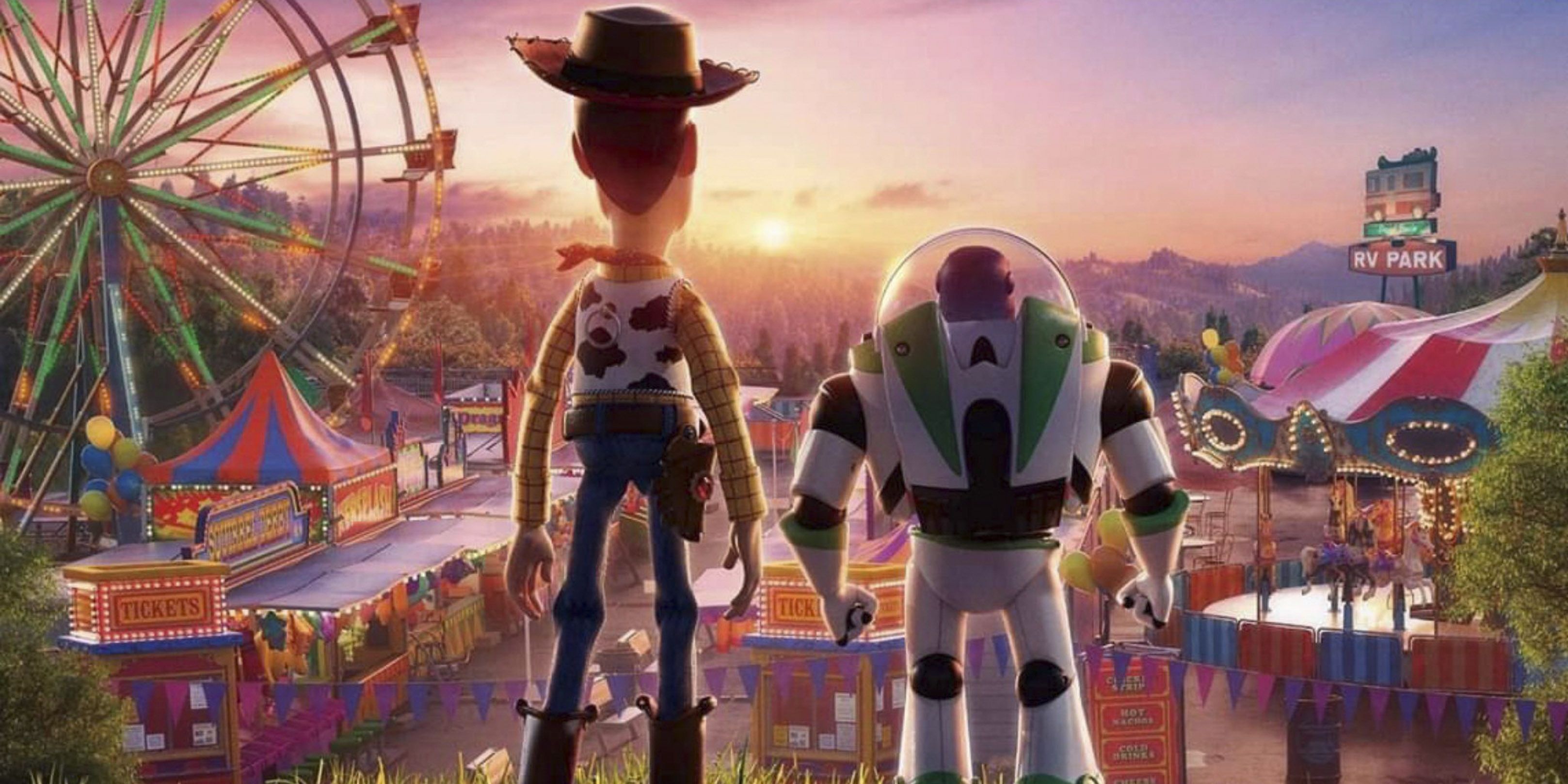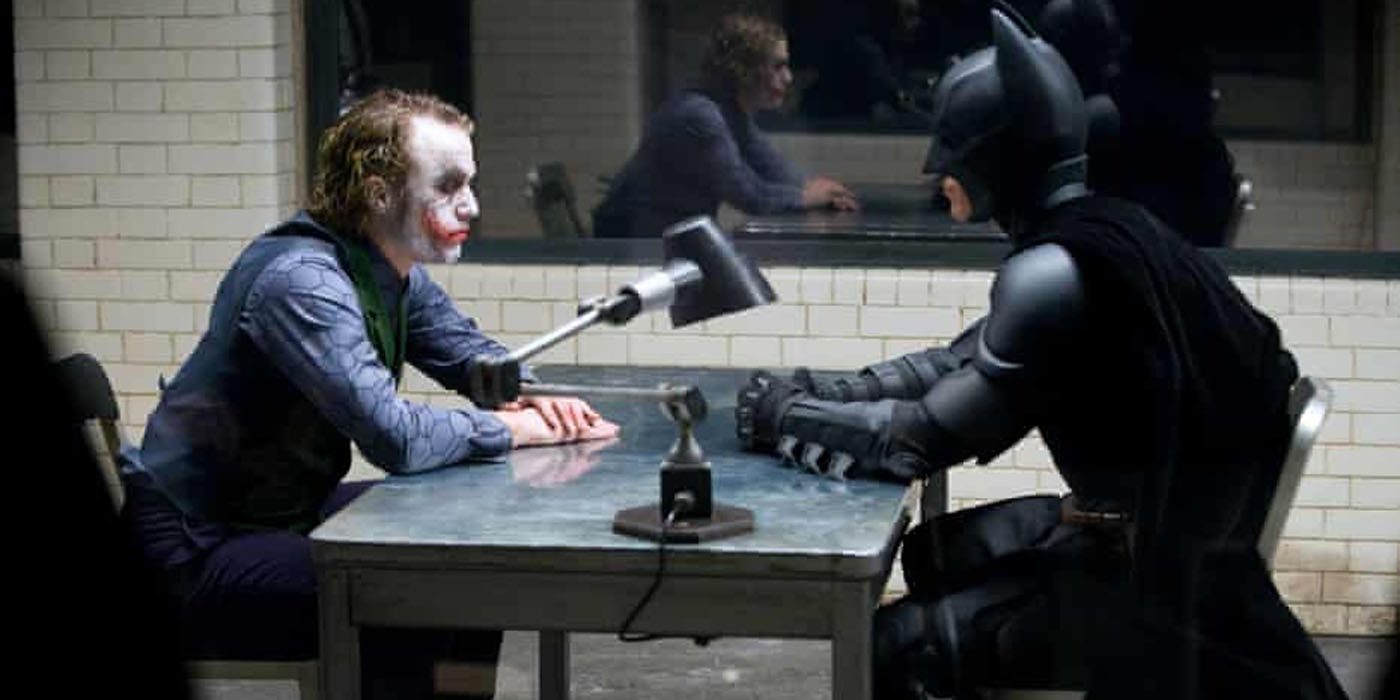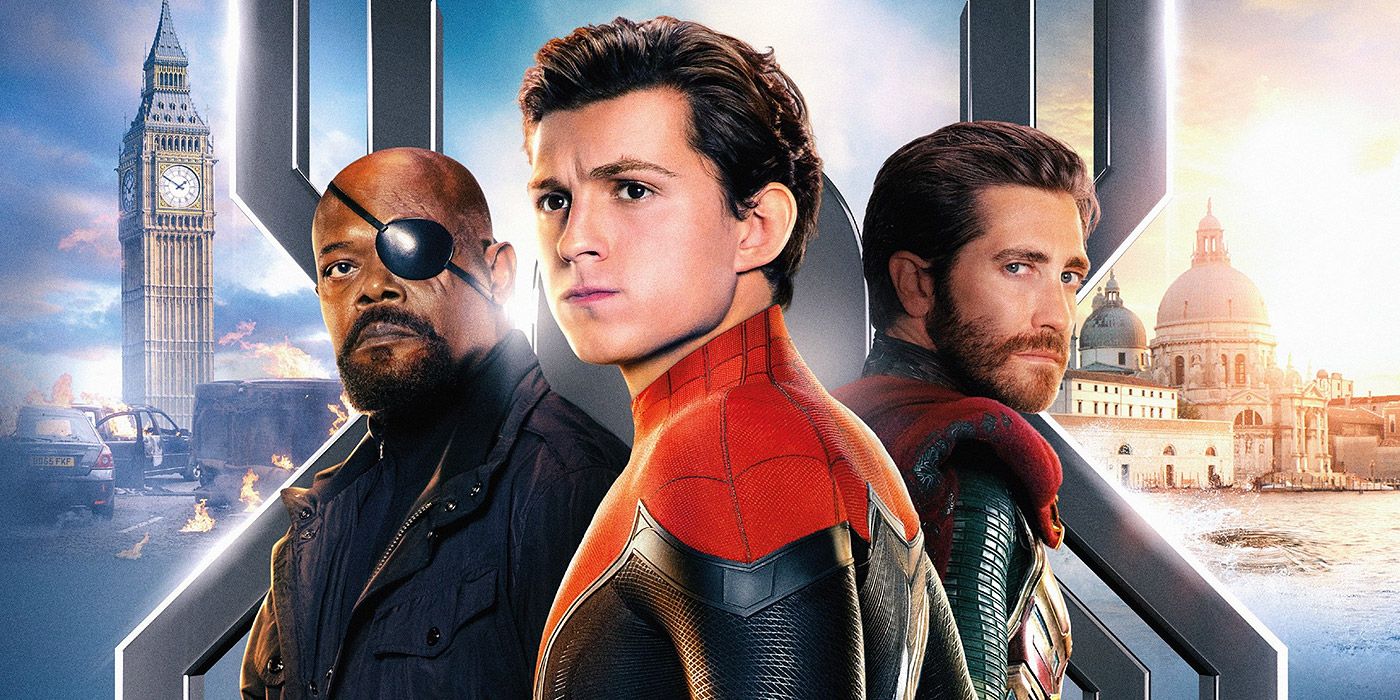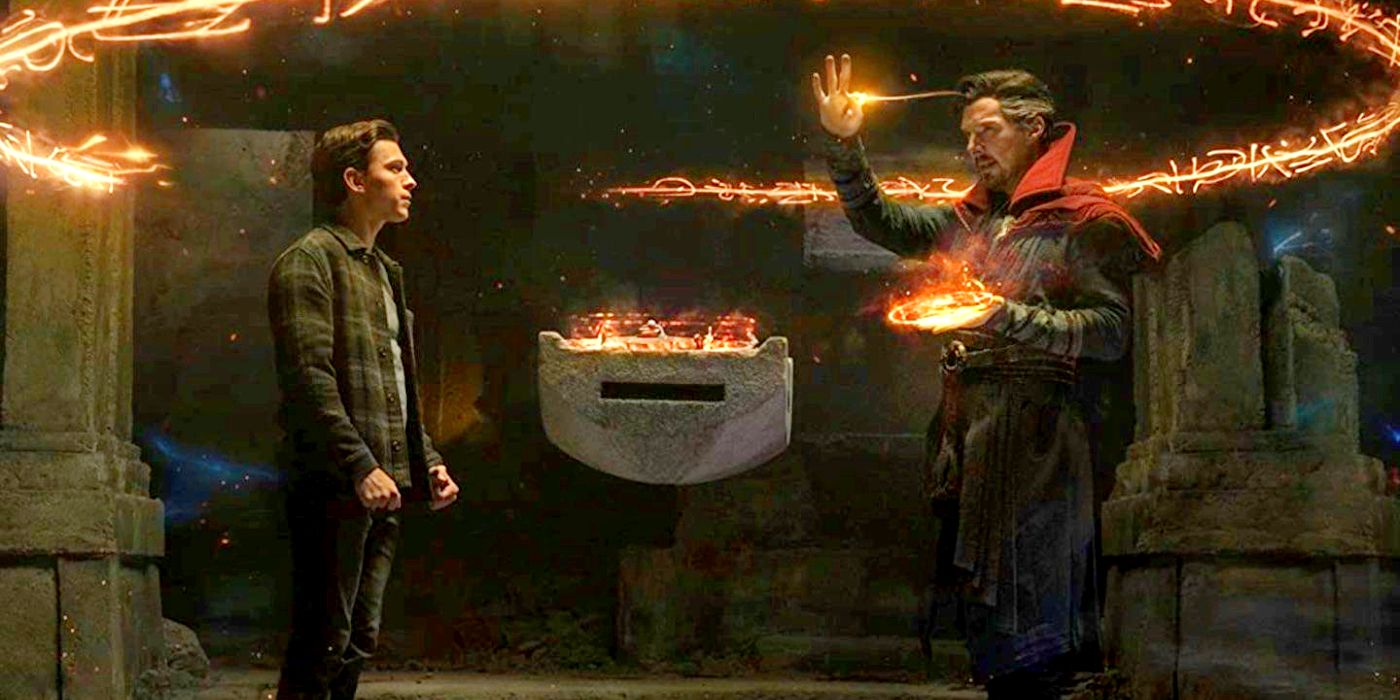When Spider-Man: No Way Home crossed the billion-dollar mark, it was not only a milestone for the film industry in the post-pandemic box-office landscape, but it also was the 48th film to reach achieve that milestone, (not adjusted for inflation) in the history of film.
Just because a movie reaches a billion dollars doesn't necessarily mean that it's beloved by the audiences who paid to see it even if critics loved the film. For example, the Rotten Tomatoes certified fresh Star Wars: The Last Jedi earned a meager 42% from 100,000 audience ratings on the same site. With that in mind, which of the 48 billion-dollar earners were audience-favorites?
Avengers: Infinity War - 91%
In a little over a decade, Marvel Studios had introduced audiences to the concept of a cinematic universe and turned some of its main heroes from barely recognizable to the most beloved superheroes of the 21st century. All that work built to Avengers: Infinity War, and fan expectation rested heavily on the movie.
Luckily for fans, it more than delivered on those expectations, becoming the first Marvel movie to cross $2 billion (according to Box Office Mojo data) because of its success. It's fair to say that the film succeeds primarily thanks to Thanos, a villain who is also arguably the film's protagonist, and whose villainy was balanced with a complex backstory. The film's ending is dark, but the film earns it by doing Thanos right.
Jurassic Park - 91%
Jurassic World: Dominion may reunite the core three characters of Alan Grant, Ellie Sattler, and Ian Malcolm, but it's the original Jurassic Park that made them audience favorites in the first place. A unique blend of horror, sci-fi, adventure, and drama, the 1993 classic cemented dinosaurs as objects of both fascination and terror in popular culture.
While the characters drive the film, however, Jurassic Park's visual effects were almost beyond groundbreaking for their time, to the point where the computer-generated imagery still holds up decades later. The score from John Williams of course adds to the atmosphere and memorability, too.
The Avengers - 91%
There was an idea to bring together a group of individual superheroes and their franchises to create a crossover movie that could do justice to Stan Lee and Jack Kirby's 1960s creations, and from this came The Avengers. A movie filled with iconic quotes, The Avengers helped not only bring the MCU to true fruition, but also developed the main six's team dynamics that would carry the franchise through the 2010s.
Like with Jurassic Park, the score also adds to the film's greatness, as Alan Silvestri's "The Avengers" provided the first truly-memorable theme of the MCU, one that was so well-cemented in pop culture that it was merged into Avengers: Endgame's "Portals" theme for the epic final battle in that movie.
Frozen II - 92%
Frozen II had some big shoes to fill thanks to the first Frozen's impact, cemented by the unforgettable and instantly-catchy "Let It Go." Plus, coming out a full six years after the first film meant a lot of the kids who loved the first one had gotten much older and possibly outgrown it.
But Frozen II managed to satisfy audiences enough for more than 25,000 of them to collectively give it a 92% positive rating. The exploration of Elsa's powers' origins is one of the film's improvements on its predecessor, which focused on a rather simple if sometimes subversive take on the Disney princess tropes. It adds a bit of mature thematic depth that respects the audience and adds to the Frozen world.
Zootopia - 92%
Zootopia may be a Disney movie, but even with those expectations in mind it was a sleeper hit in 2016, becoming one of the highest-grossing animated films ever when it crossed the billion-dollar mark. In hindsight, though, it shouldn't be too surprising, having an appeal to both children and adults thanks to its smart, witty writing and topical – if simplified – commentary on race relations.
The film proved so popular that Zootopia is IMDb's highest-rated crime movie for 2016, which given its family-friendly status is a very noteworthy feat. It's a film kids can watch yet also references both The Godfather and Breaking Bad, walking that family-movie tightrope better than most.
Aladdin - 94%
Of the many 2010s films that audiences loved but critics hated, Aladdin is one of the most severe in terms of the disparity, as while Rotten Tomatoes critics gave it only a 57% "rotten" rating, more than 50,000 audience members gave the film an overwhelmingly positive 94% fresh rating.
While Aladdin is just one of a number of live-action Disney remakes that have been criticized for relying on nostalgia rather than good stories to draw in audiences, the movie does have two things going for it that are definite positives: the diverse and more-accurate casting compared to the animated movie, and Guy Ritchie's unique directorial style.
Toy Story 4 - 94%
The first three films of the Toy Story series told a heartfelt story about a child growing up and the implications that him getting older hold for his toys (a stand-in for parents). Toy Story 3 paid off what the second film had set up in an incredibly emotional way, and a fourth film seemed unnecessary.
Yet Toy Story 4 outdid the also-billion-dollar third movie for audiences, and even though it takes place without Andy and feels like an epilogue to the original trilogy, it delivers on the heart that audiences have come to expect from the franchise. Woody's decision at the end feels like a perfect send-off for the character, and Lightyear is a better direction than Toy Story 5 because of it.
The Dark Knight - 94%
Following-up on his reinvention of the Caped Crusader with Batman Begins, Christopher Nolan gave audiences The Dark Knight, a film defined not by Bale's Batman, but by the Oscar-winning villain that is Heath Ledger's Joker, which is what made this film the favorite of Batman fans everywhere.
More than any film before or since, The Dark Knight explores Batman's relationship to Gotham City and what Batman ultimately means to the city, to Bruce Wayne, and to the concept of justice itself. A Hans Zimmer score combined with an antagonist Batman seemingly cannot beat and the fall of Gotham's symbol of hope all combine to make a thrill ride for audiences that changed comic-book movies forever.
Spider-Man: Far From Home - 95%
Featuring one of the MCU's best movie endings, Spider-Man: Far From Home left audiences on the biggest cliffhanger since Infinity War's ending by taking inspiration from Iron Man and seeing Spider-Man's identity revealed by Mysterio. Of course, that comes at the very end of Peter's journey learning to deal with the weight of Iron Man's legacy.
It's the weight of that legacy that makes Peter feel himself unworthy of inheriting Iron Man's position and which lets Mysterio get Peter to hand him control of Iron Man's drone fleet. As the first post-Endgame movie, it also positions Spider-Man as a core MCU character, while featuring him in a relatable struggle to understand who he is, and who he will be in this changed world.
Spider-Man: No Way Home - 98%
Picking up from Far From Home's cliffhanger, No Way Home sees Peter trying to undo Mysterio's revelation with help from Doctor Strange, only for the spell to malfunction and bring alternate Spider-Men and their villains to the MCU.
Does No Way Home play on nostalgia? Absolutely. But it uses audience's love for the non-MCU characters to give them a greater weight as Peter Parker's mentors/older brothers, and they're an integral part of Peter learning the true meaning of great power requiring great responsibility. It finally brings Peter to maturation as Spider-Man, and is a brilliant summation of the Spider-Man character's meaning to audiences.

